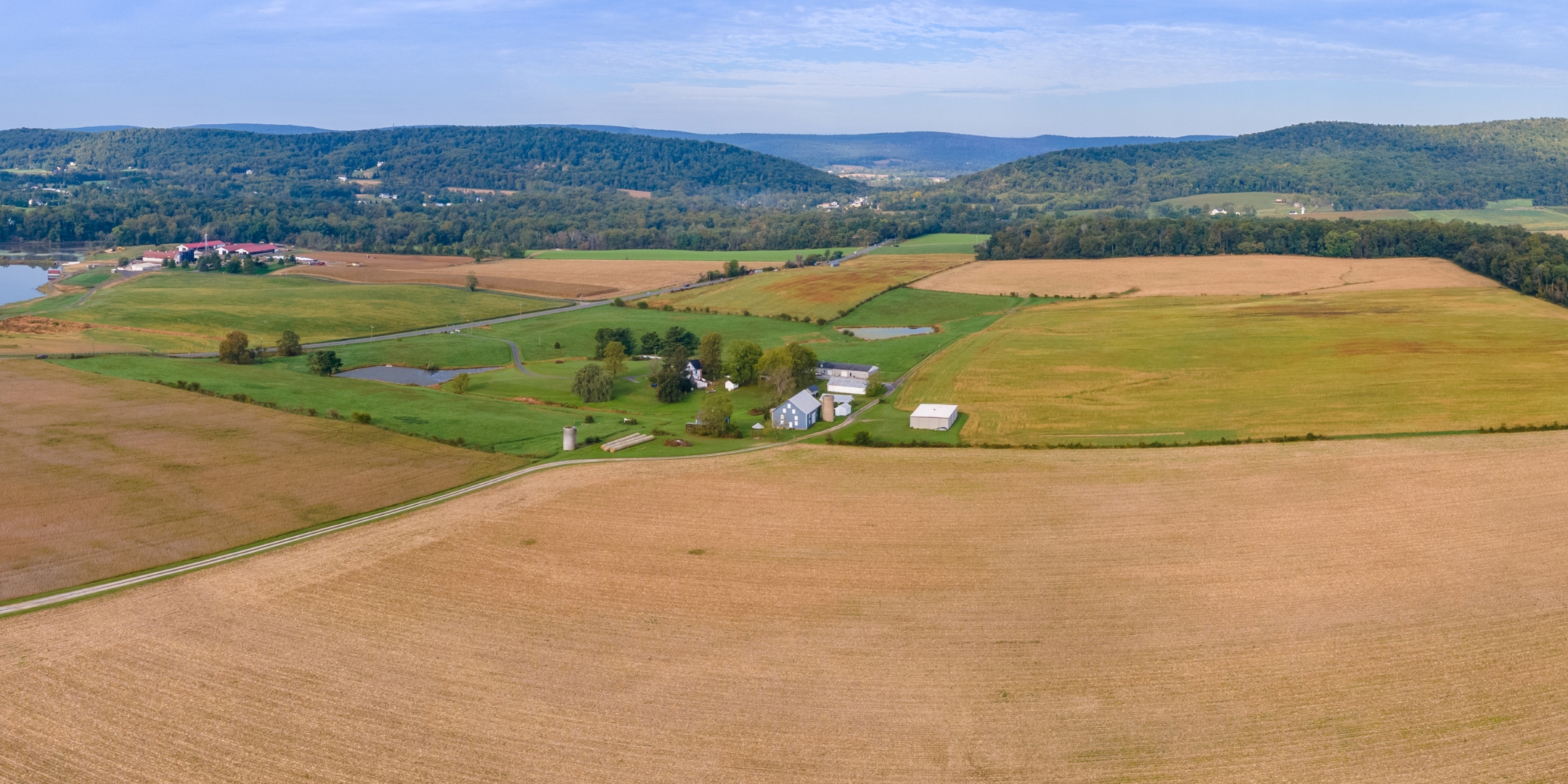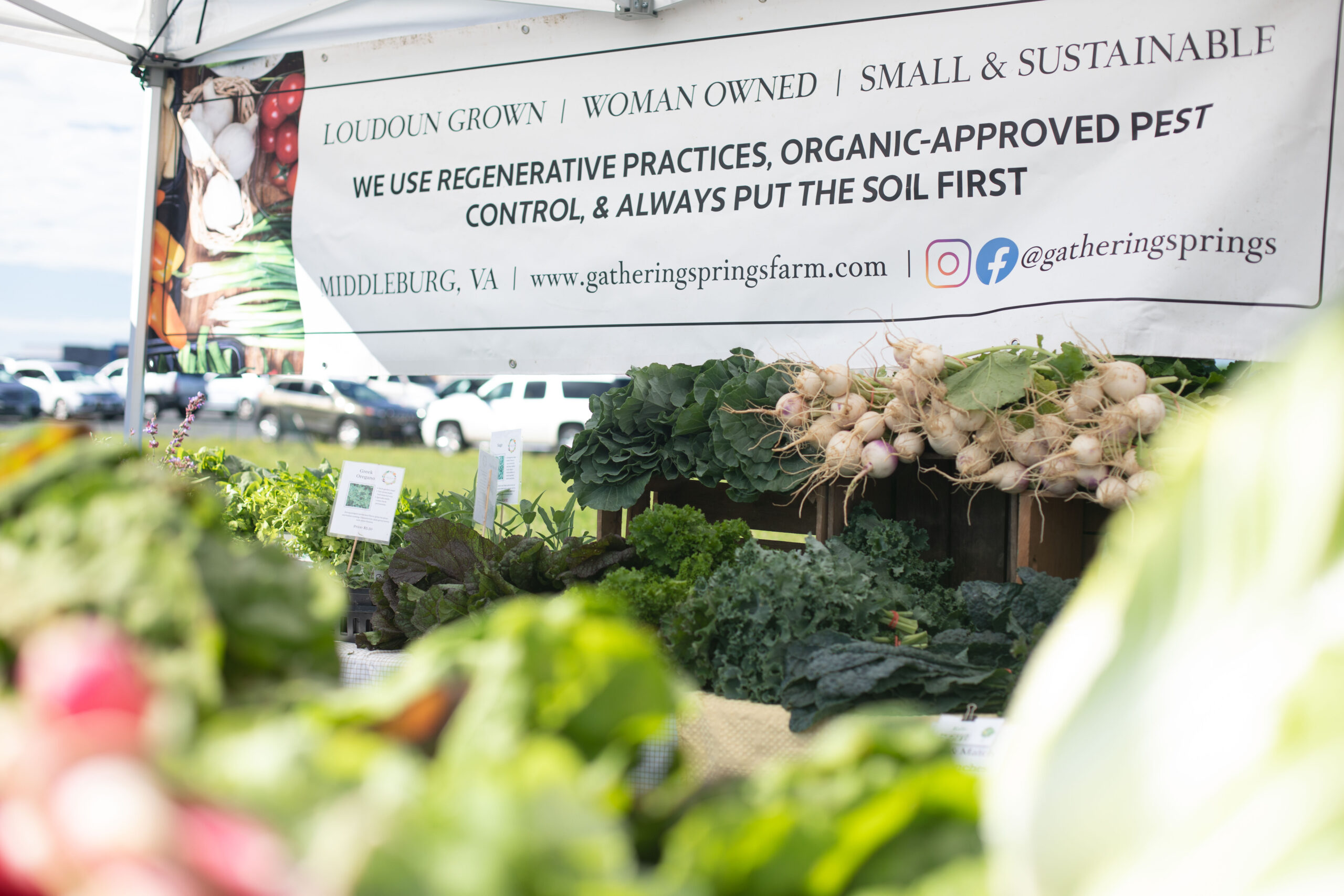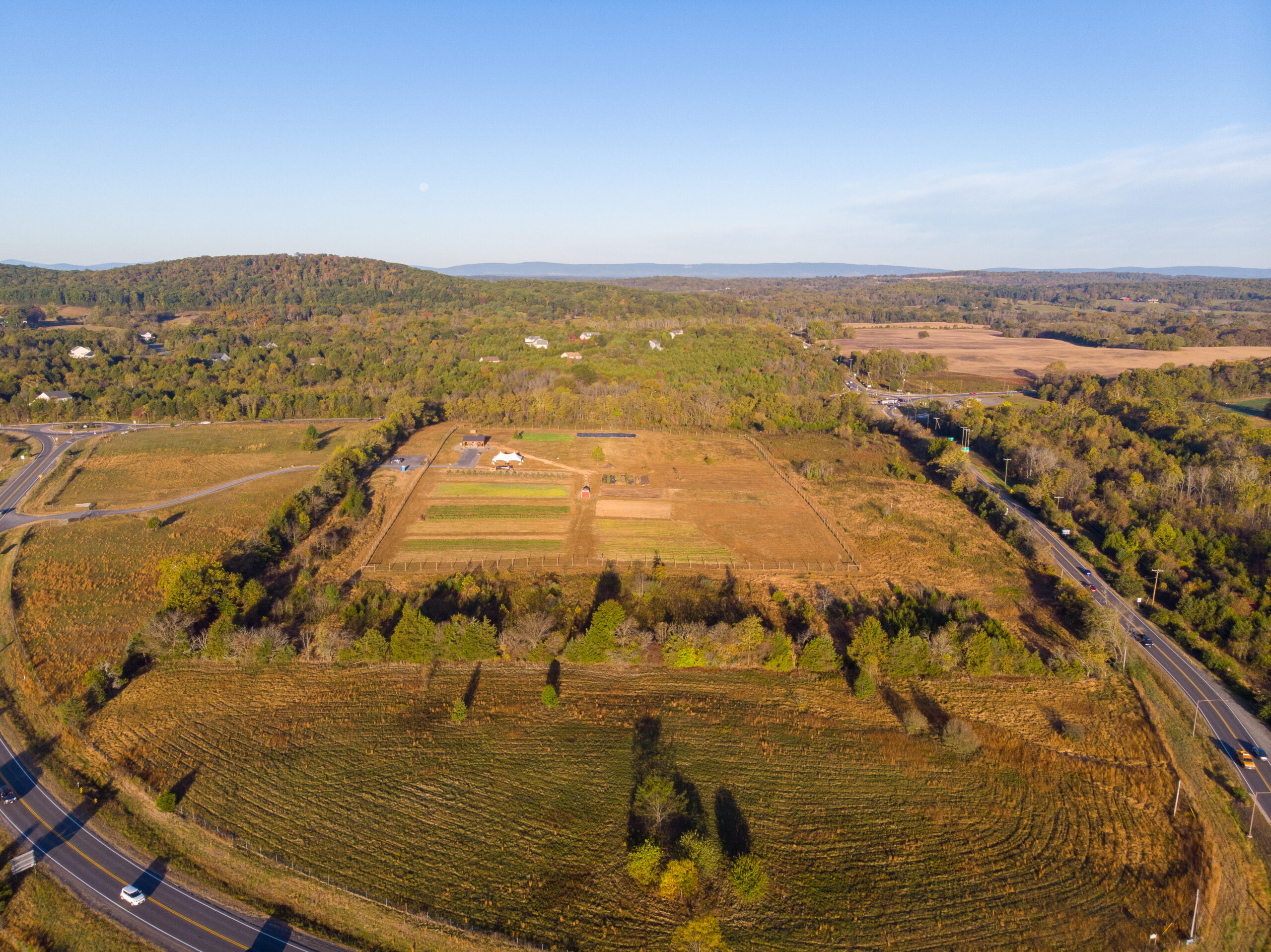The following text was sent out via email on May 31, 2024. Sign up for PEC email alerts →

Dear Supporter,
I am writing today to update you on the vital Prime Agricultural Soil and Cluster Subdivision Ordinance Amendment (ZOAM) returning to the Loudoun County Board of Supervisors on Wednesday, June 12, for a final vote. I encourage you to write to the Board or speak at the public hearing in support of farming in Loudoun.
The rewrite of this ordinance is four years in the making, and its zoning updates are badly needed to protect Loudoun’s best farming soils from sprawling development. As written, the proposed amendment would ensure prime soils are preserved when development happens, without limiting a developer’s ability to subdivide or change the number of lots on a property. In this way, it is not a down-zoning.
Read more on the specific proposed changes to the zoning ordinance here.
Please wear green and come lend your support to protect the future of farming in Loudoun at the public hearing on Wednesday, June 12!
- Protect at least 70% of the prime soils from land to be subdivided (known as the “originating tract”)
- Ensure the new ordinance applies when five or more acres of prime soils exist on the originating tract
- Adjust the “savings clauses” to require the preservation of as close to 70% of prime soils as possible and prevent an ‘all or nothing’ loophole. Supervisor Turner’s “savings clause amendment” would ensure developers maximize the prime soils protected on any given property.
Why are Prime Soils Important?
The best land for farming is land with “prime soils,” identified in the Virginia State Code as being of statewide or local importance for food production. Prime farmland’s special combination of soil quality, location, growing season, and moisture supply means farmers can reliably and economically grow high-value crops with minimal inputs (fuel, fertilizer, pesticides and labor). Loudoun has a very high percentage of these soils, more than most other counties in Virginia.
Unfortunately, we’re losing this finite resource, which can’t be artificially reproduced or replaced, to new residential development. In the past five years Loudoun lost close to 12,000 acres of farmland and more than 10,000 acres in the five-year period before that. Current zoning allows for up to 11,000+ additional homes in the Rural Policy Area in the coming years. In the face of this development pressure this ordinance update is more vital than ever to help uphold the Rural Policy Area goals of supporting and preserving the county’s agricultural region.

This proposed zoning amendment comes at an opportune time, as the nature of farming in Loudoun is changing. The latest USDA census tells us that Loudoun has made the transition from primarily larger, commercial farms to smaller farming operations that offer products for direct sale through farmers’ markets, community-supported agriculture (CSAs) and agritourism businesses. Today, nearly 75% of Loudoun’s 1,332 farms are smaller than 50 acres including 176 farms that are one to nine acres and 805 are nine to 49 acres. This kind of intensive farming is only possible because of Loudoun’s high-quality soils. That’s why protecting this irreplaceable resource is vital to support local businesses.
Implementing the Comprehensive Plan
For over 20 years, Loudoun’s comprehensive plan — or vision document — has included a directive to prioritize prime agricultural soils for protection. During the public engagement process for the 2019 Comprehensive Plan, this desire was reaffirmed by community members. However, despite its clear importance to the county, the zoning ordinance, which serves as the implementation mechanism for the comprehensive plan, has not properly reflected this vision or allowed for its implementation. The upcoming vote on June 12 is a result of a zoning ordinance amendment process that kicked off in 2020 with support from from a broad coalition including PEC. Afters years of waiting, it will finally allow the County to enforce the preservation of prime soils when residential housing clusters are developed.
The current cluster subdivision ordinance allows the dense grouping of cluster houses to be built directly on prime soils. It also allows the so-called “rural economy lots” to be placed primarily on non-farmable lands like floodplains and steep slopes — as seen in the Millers Reserve, Keena, Short Hill View, and Caskey Farm subdivisions, among others. These developments all received bonus density, which essentially allows developers to add more houses. Due to the location and scale of these subdivisions, the added density will require the maximum amount of county investment for infrastructure.
In exchange, for this bonus, the County asked for “rural economy lots” which were intended to support continuing agricultural activities. In practice these lots lack the prime soils necessary for farming and are unable to contribute to the rural economy. With eight cluster subdivision developments currently proposed for county approval, and numerous others approved in the four years this ordinance has been pending, the need for an update is urgent.

Again, the Prime Agricultural Soil and Cluster Subdivision Ordinance Amendment (ZOAM) would allow the exact same housing density that’s possible today, but it would require that prime soils on the property be preserved during the development process. It would also require that these prime soils be placed in permanently protected “Preservation Farm Lots” when the development is laid out. This amendment would protect future farming opportunities in the county without negatively impacting existing property values since it will neither limit subdivision nor impede on a property’s conservation potential.
Adjusting the “savings clauses,” or the set of stipulations previously proposed to save the development potential of a property that struggles to meet 70% protection because of features on the property, is a priority in this vote. This is because not doing so has the potential to allow a built-in loophole for developers to avoid conserving prime soils during the development process.
Loudoun’s Geography Makes it Unique
For centuries, Loudoun County’s unique climate, landscape and location along the Potomac River has created a thriving agricultural industry. Deposits from the river have fed the soils an ample supply of nutrients and water, which over time has created the prime agricultural soils that allow farmers to cultivate a wide variety of products. Without overintensive disturbance, these soils can remain in perpetuity, ensuring the viability of the agricultural sector of Loudoun.
This same geography, namely our close proximity to the large populations in the D.C. metro area, allows a consistent base of consumers who regularly purchase directly, at farmers markets and through community supported agriculture (CSAs), which benefit local producers in a way that wholesale does not. The agritourism industry of wineries, breweries and you pick operations further benefits from this proximity.
As mentioned above, Loudoun is becoming home to more new and beginner farms than any other county in Virginia, with 73 farms added in the last five years alone. Because many farming households require a dual income, Loudoun is special in allowing families here to have part of their household income come from a member in farming and the rest come from one member working in the vibrant job market to the east in Northern Virginia or Washington, D.C. Few communities in the country have structured their land use planning to allow for this opportune arrangement.
The proposed zoning ordinance will preserve our best soils and create farms of the ideal size for a new generation of younger farmers to succeed.
I appreciate you taking the time to read this email and hope you’ll engage with these critical issues for Loudoun’s future ahead of the Board’s vote June 12. Let us know you’re coming and don’t forget to wear green to support Loudoun’s farmers!
Sincerely,
Tia Earman
Senior Land Use Field Representative, Loudoun & Clarke counties
tearman@pecva.org
(540) 347-2334 x7040
